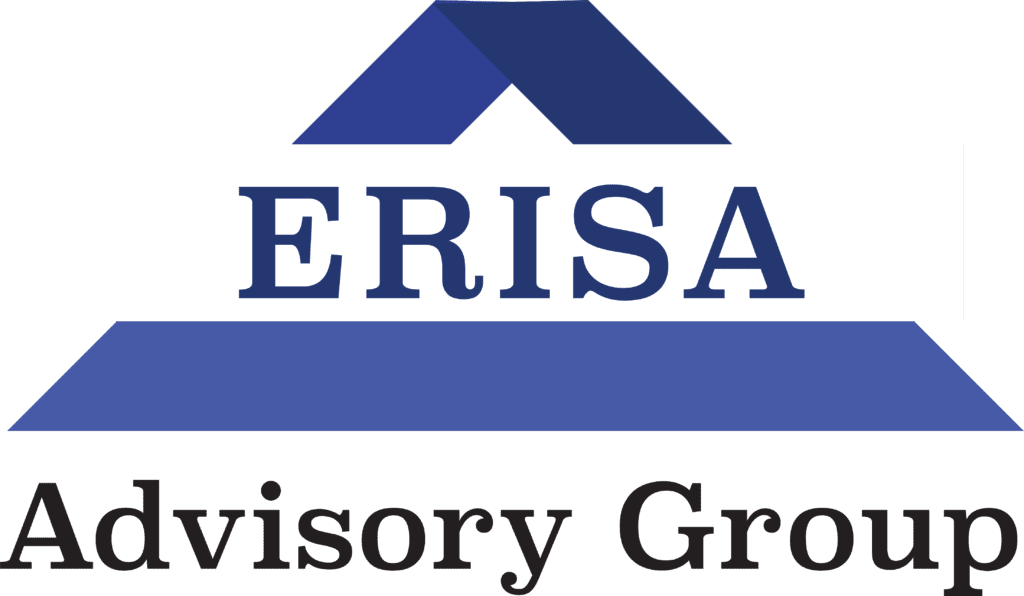Understanding the Differences in Your Fiduciary Duty When Offering a Single Employer Plan (SEP), Pooled Employer Plan (PEP), or Multiple Employer Plan (MEP)
In a previous blog, we discussed the definitions and advantages of each type of retirement plan option: SEP, PEP, and MEP. Now let’s delve deeper into understanding the differences in your fiduciary duty as well as the disadvantages of each option:
Single Employer Plan (SEP)
A Single Employer Plan (SEP) is a retirement plan sponsored by a single employer for its employees, without pooling assets with other employers. While the advantages include complete control of the plan, customization, and retaining fiduciary control, let’s review the disadvantages:
Disadvantages:
- Administrative Burden: The employer bears the full administrative burden, including compliance, recordkeeping, and reporting duties, which can be resource-intensive.
- Cost: Without the benefits of pooled assets, SEPs may incur higher administrative and investment fees compared to PEPs and MEPs.
- Fiduciary Responsibility: The employer is solely responsible for all fiduciary duties, which can be a significant burden, especially for smaller organizations with limited resources.
Pooled Employer Plan (PEP)
A Pooled Employer Plan (PEP) is a type of retirement plan created under the SECURE Act of 2019, which allows unrelated employers to participate in a single, pooled plan managed by a Pooled Plan Provider (PPP). While the advantages include simplified administration, reduced fiduciary responsibility for the employer, cost efficiency, and better access for employers, there are some downsides to these plans.
Disadvantages:
- Less Customization: Because the plan is pooled, there may be less flexibility to customize the plan features to fit the specific needs of individual employers.
- Limited Control: Employers have limited control over plan administration and investment choices, as these are managed by the PPP.
Multiple Employer Plan (MEP)
A Multiple Employer Plan (MEP) allows two or more unrelated employers to participate in a single retirement plan. MEPs existed before the introduction of PEPs but required a common nexus or connection between participating employers. While the advantages include administrative efficiency similar to PEPs, cost sharing for plan administration, and the ability to customize for individual employers, let’s explore the disadvantages of MEPs.
Disadvantages:
- Common Nexus Requirement: Traditionally, MEPs required a common nexus or affiliation between employers, which could limit the pool of eligible employers.
- Fiduciary Responsibility: While some fiduciary duties can be shared, participating employers still retain significant fiduciary responsibilities, which can be a burden.
- Complexity: MEPs can be complex to set up and manage, requiring more coordination among participating employers compared to PEPs.
Choosing Between PEP, MEP, and SEP
Employer Size and Resources: Small businesses with limited resources may prefer a PEP due to its simplified administration and reduced fiduciary responsibilities. Larger organizations with more resources might find an MEP more suitable if they desire greater control and customization. SEPs may appeal to employers who want complete control over their plan and have the resources to manage it.
Plan Customization Needs: If an employer requires a highly customized retirement plan, a SEP might be the better option. PEPs, while efficient, may not offer the same level of customization.
Common Nexus: Employers with a common nexus may find an MEP a viable option. However, PEPs eliminate the need for a common nexus, broadening the pool of potential participants. SEPs do not require a nexus but are limited to the single sponsoring employer.
Cost Considerations: Both PEPs and MEPs offer cost-sharing benefits, but the specific cost structure and potential savings should be carefully evaluated for each option. SEPs may have higher costs due to the lack of pooled assets.
In summary, the decision between a PEP, MEP, or SEP depends on the specific needs, resources, and preferences of the employer.
With 29 years of experience, the ERISA Advisory Group excels in managing ERISA fiduciary issues for plan sponsors and fiduciaries. We invite you to reach out and let us share our knowledge and experiences with you.
